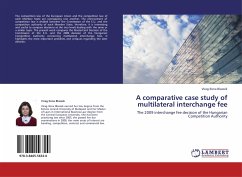High Quality Content by WIKIPEDIA articles! Attorney fees (note that the use of the word 'attorney' connotes lawyers broadly: solicitors and barristers) are the costs of legal representation that an attorney's client or a party to a lawsuit incurs. Attorney's fees are assessed in a number of ways, usually set by contract in advance of the representation, including by billable hours, flat fees, or contingent fees. Attorneys who voluntarily accept work on behalf of indigent clients often work pro bono. An upfront fee paid to a lawyer is called a retainer. Money within the retainer is often used to "buy" a certain amount of work. Some contracts provide that when the money from the retainer is gone, the fee is renegotiated. In some jurisdictions, in a civil case, a lawyer for the plaintiff can take a case on a contingent fee basis. A contingent fee is a percentage of the monetary judgment or settlement. The contingent fee may be split among several firms who have contractual arrangements amongst themselves for referrals or other assistance. Where a plaintiff loses, the attorney may not receive any money for his or her work. Many countries prohibit contingent fees as entirely unethical.
Bitte wählen Sie Ihr Anliegen aus.
Rechnungen
Retourenschein anfordern
Bestellstatus
Storno








